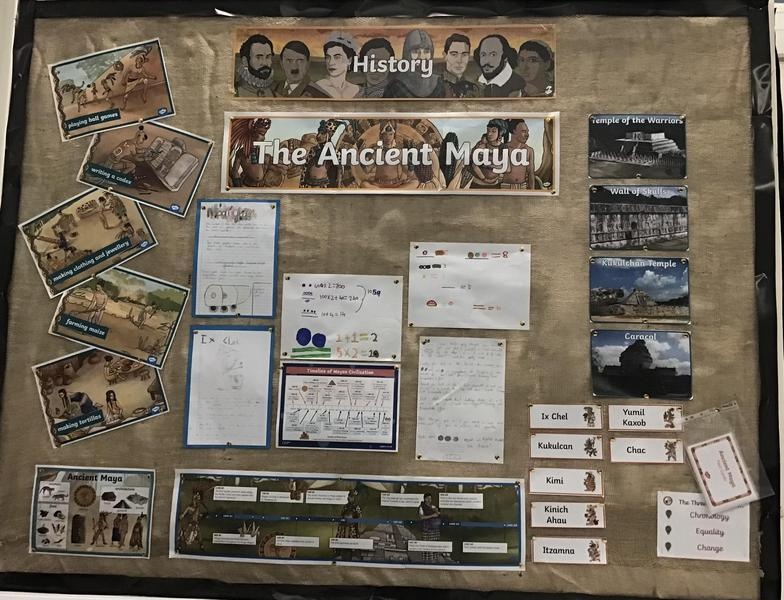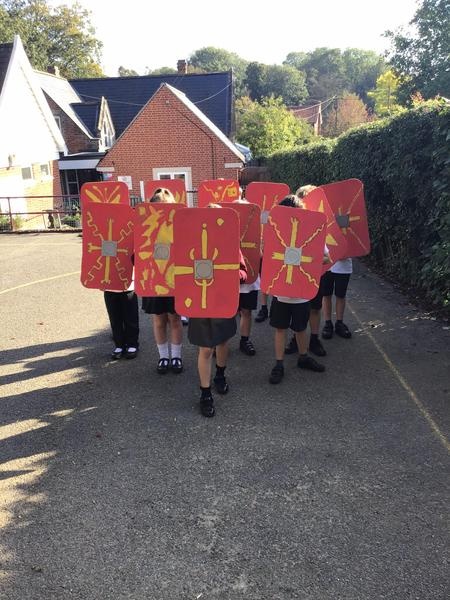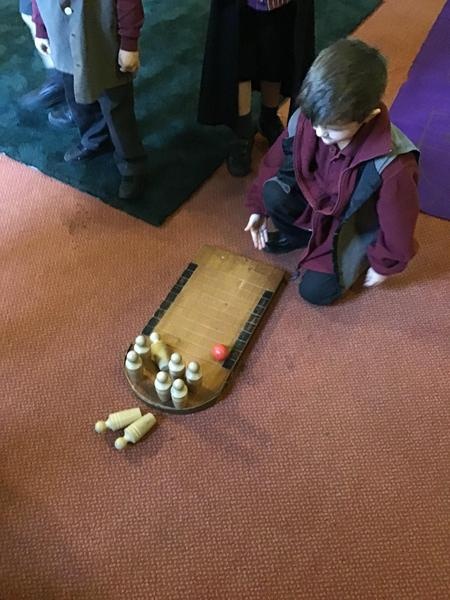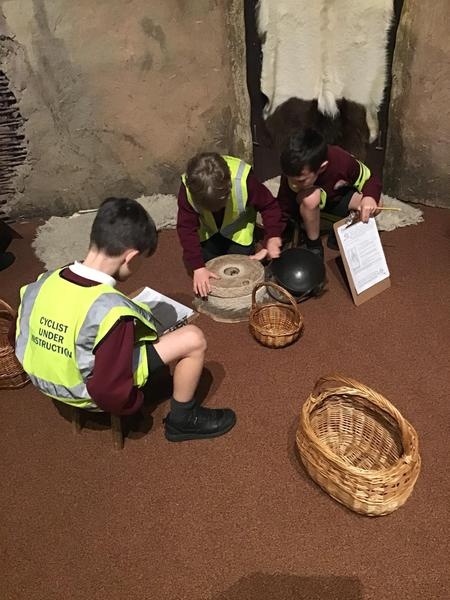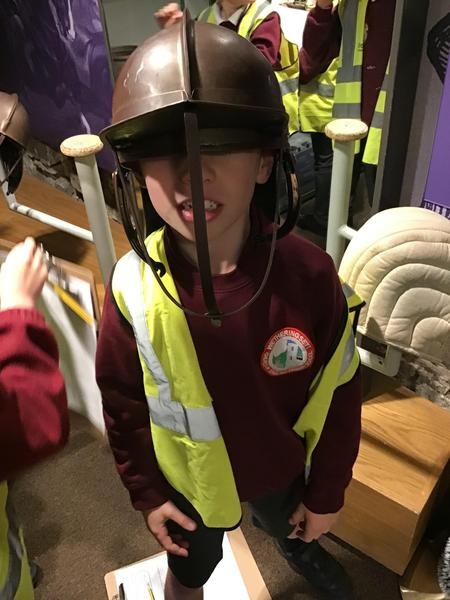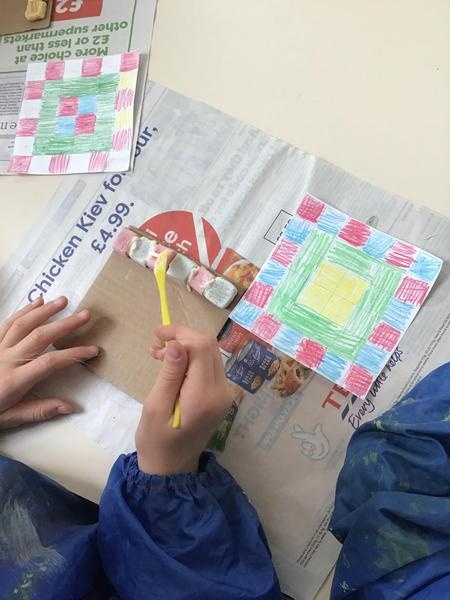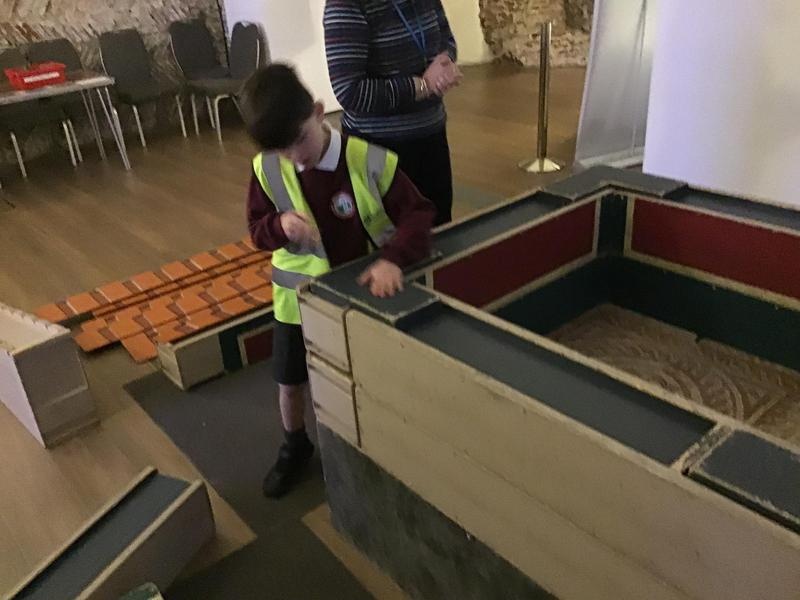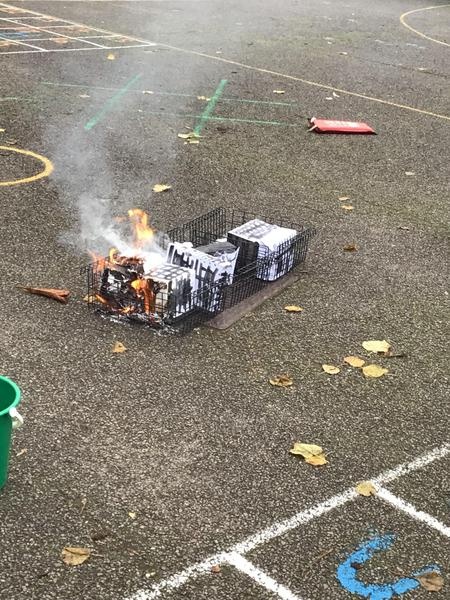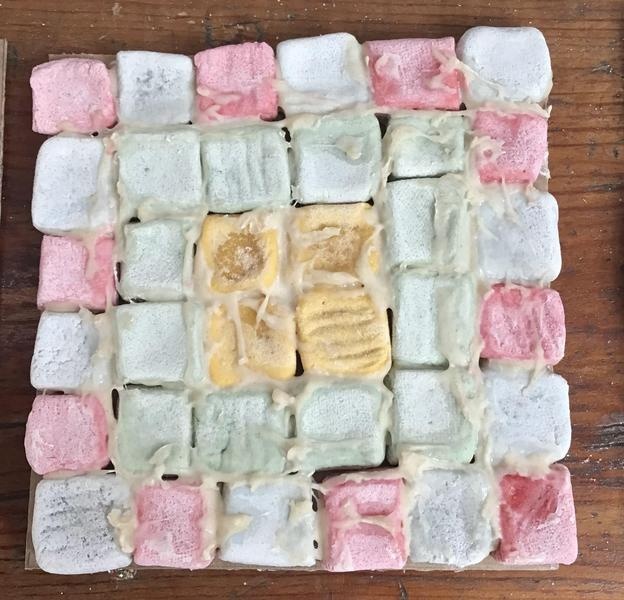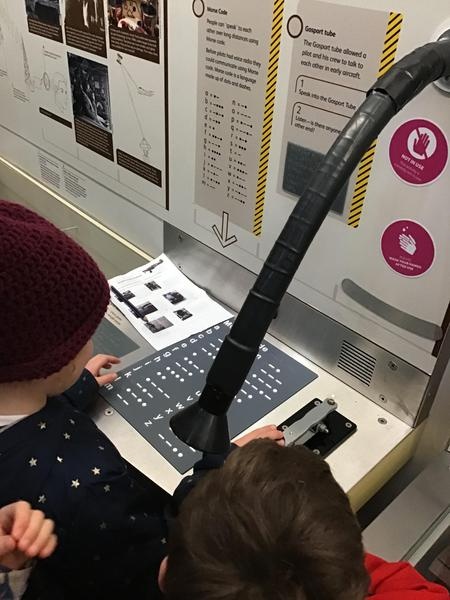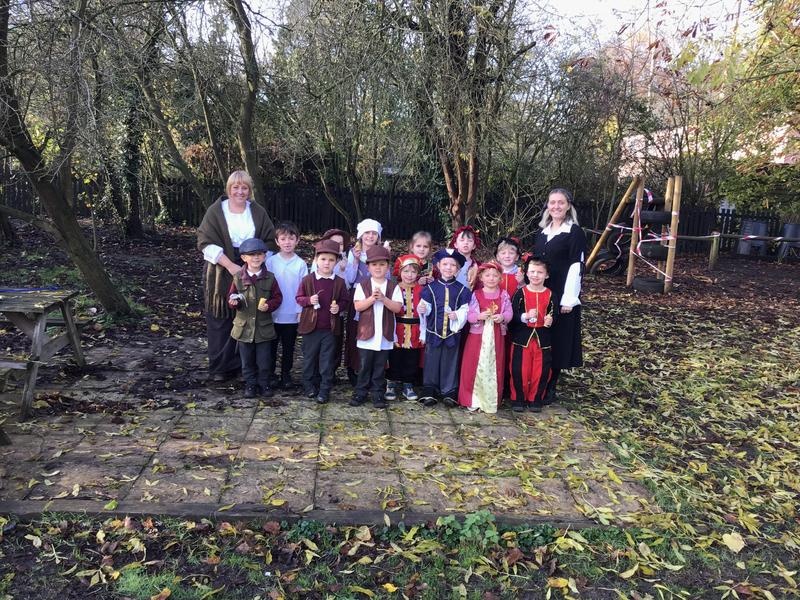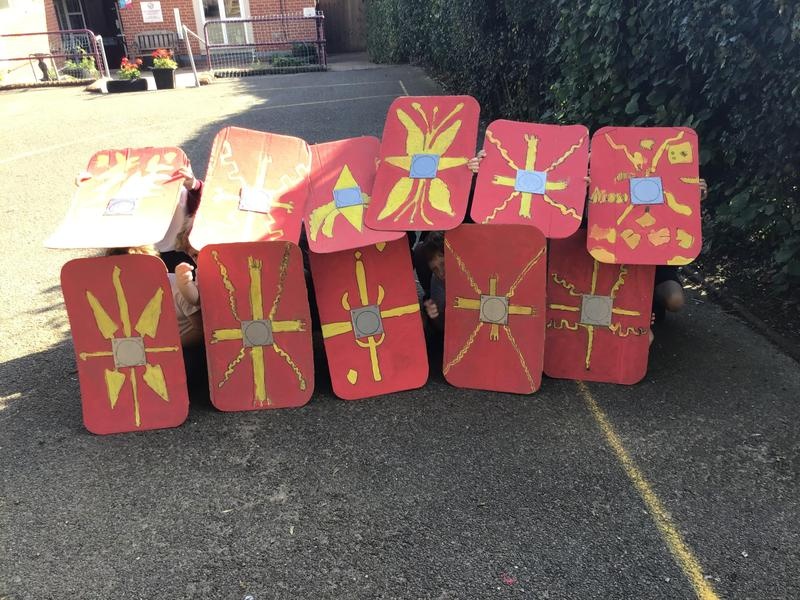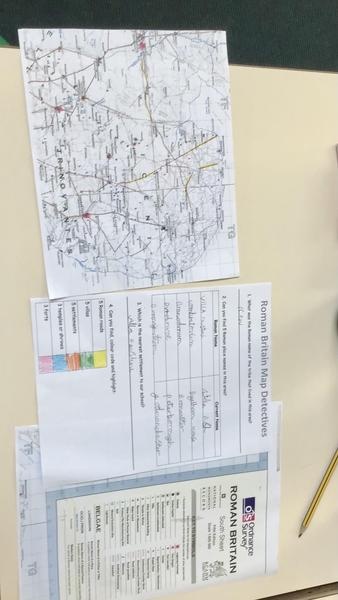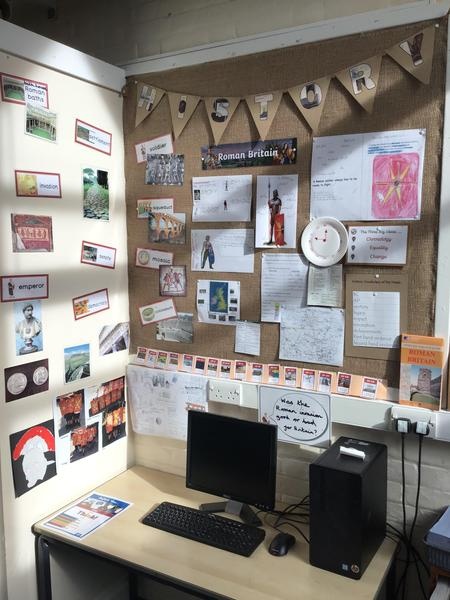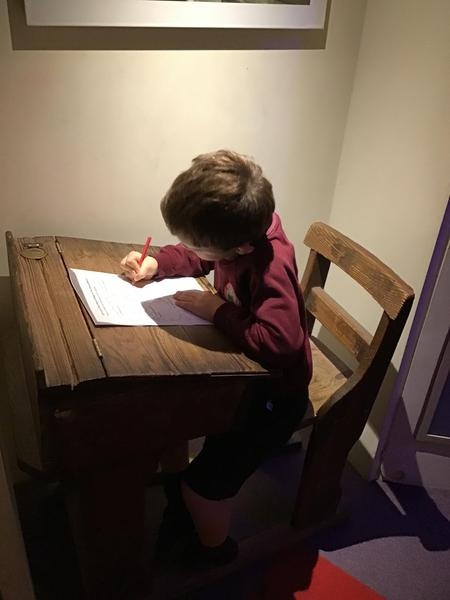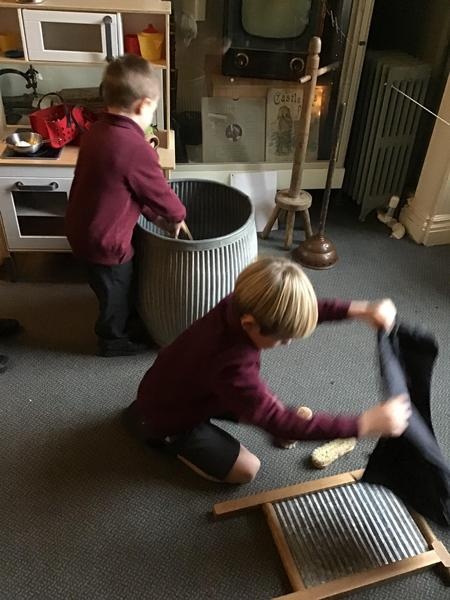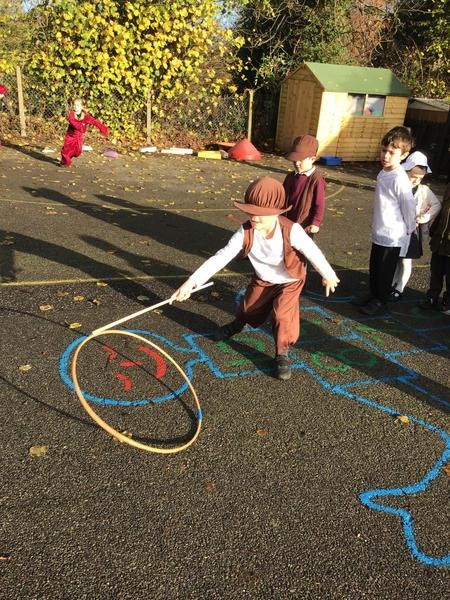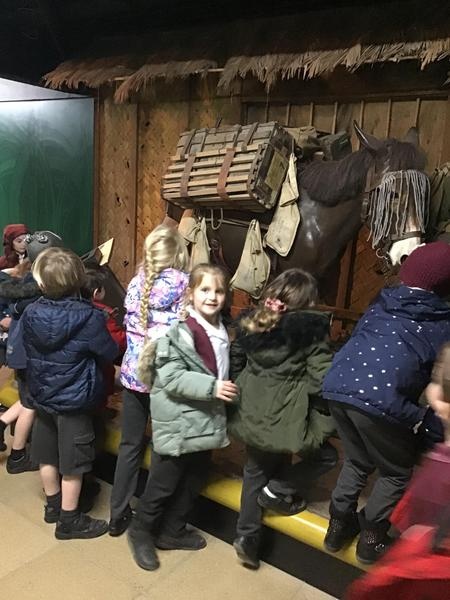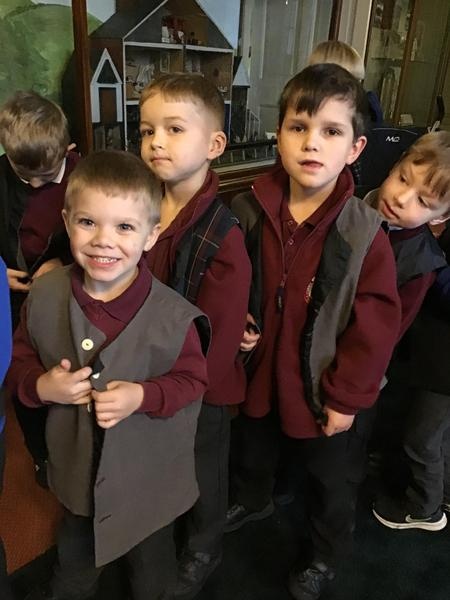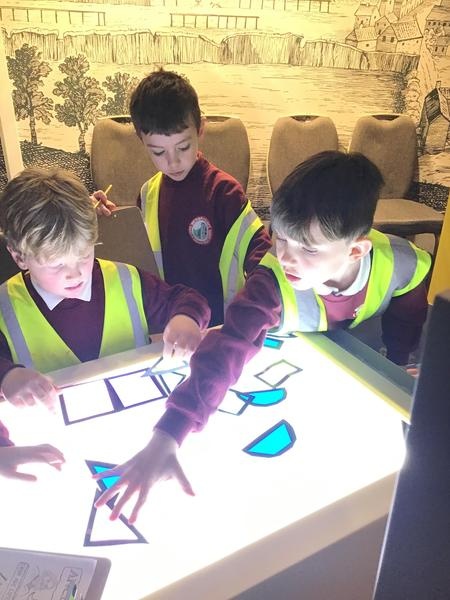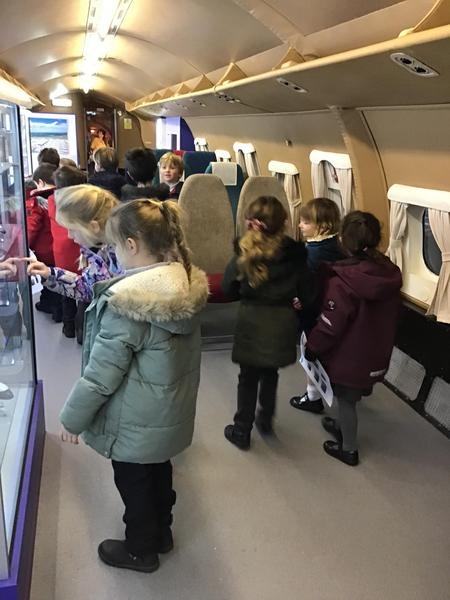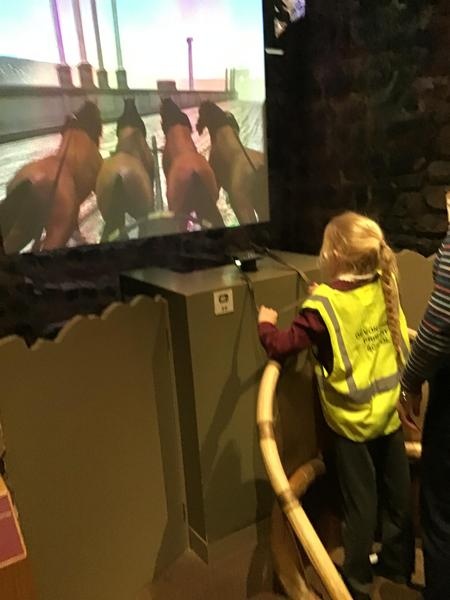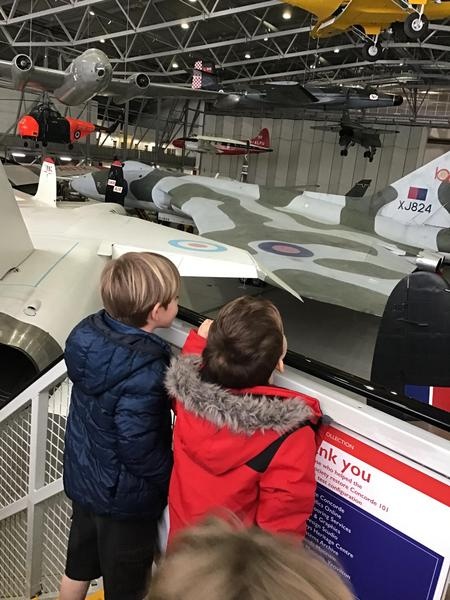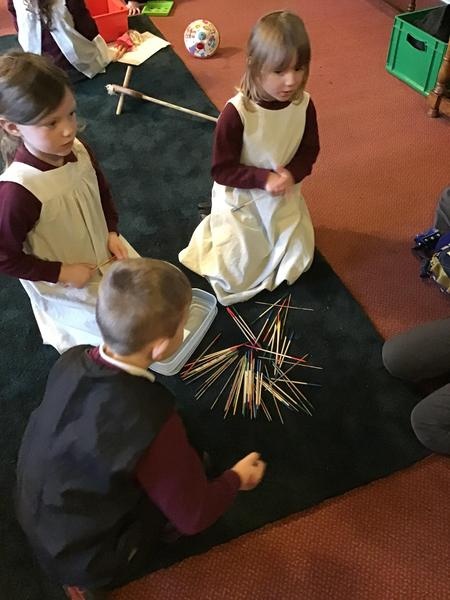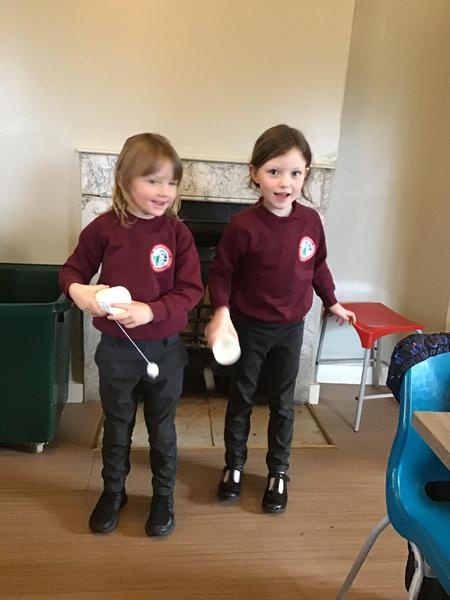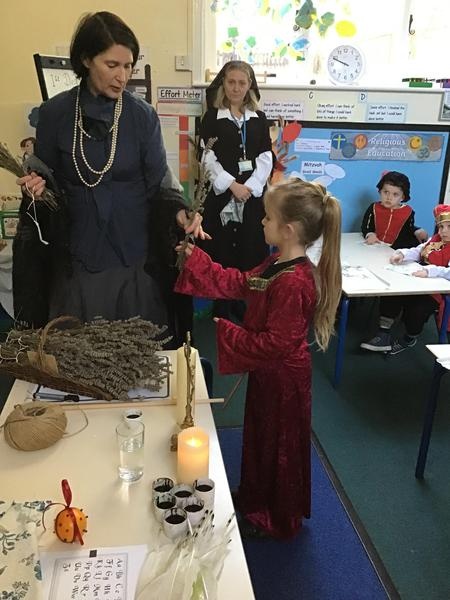History
INTENT
At Wetheringsett C of E Primary School, our intent is for children to develop curiosity and to gain coherent knowledge and understanding of Britain’s past and that of the wider world. We aim for children to make connections, develop their vocabulary and to link ways of living, e.g. personal experiences, to the wider picture and events of the historical periods taught. Children will identify their position within history, as well as learning about the history of their local area.
Children will learn historical concepts such as chronology, continuity and change, cause and consequence, similarity and difference and significance.
Children will develop historical skills, including perceptive questioning, critical thinking, enquiry, analysis of evidence and arguments, creating structured accounts and developing historical perspective and judgement.
IMPLEMENTATION
History is taught weekly by class teachers, for half of each term. The units are organised into a 2-year cycle in KS1 and KS2. Where appropriate, history acts as a driver across the half term and where possible, links are made in English, Music, DT and Art etc. Rising Stars provides our scheme of work.
High quality texts, e.g. stories and non-fiction books, are often used to stimulate interest in topics and the lives of significant people are covered. Knowledge organisers are used in class and for home learning. Weekly quizzes are based on the content of these organisers for each topic. Formative assessment through observations in class and marking of written work informs planning, ensuring knowledge and skills are built upon.
As a school we aim to expose all children to a broad range of vocabulary and provide them with the skills to use and apply these. Our vocabulary progression document clearly identifies key vocabulary to be introduced in EYFS to Year 6. Included are words which relate to the passing (e.g. here, then, yesterday) and measuring (e.g. decade, century, AD) of time. Historical concept vocabulary that can be covered in several topics and can be applied to different contexts is also listed, e.g. monarchy, democracy, aristocracy. In addition, words that are specific to a topic, e.g. The Blitz, are taught in lessons and covered in knowledge organisers. Vocabulary is displayed in class and specifically taught in lessons. Children complete a rag rating of vocabulary at the start and end of each topic.
SEND children actively take part in lessons and have the opportunity to record their work and understanding in a variety of ways, suitable to their needs.
EYFS begin their history learning through the area of learning: ‘Understanding the World’. This is explored through stories, non-fiction books, poetry and nursery rhymes, visits, visitors, directed activities and a range of play based activities and experiences in the continuous provision. Children begin to make sense of their own personal experiences, community and the wider world, and their understanding of the past.
Children have wider opportunities to develop their historical knowledge and skills through community events, trips, e.g. Greenwich, London, and projects. As an example, Remembrance Day is marked by the whole school on an annual basis. More recently, to celebrate the centenary of the village hall, children learnt about school and village life 100 years ago. In addition, KS2 put together a time capsule as part of Queen Elizabeth’s Platinum Jubilee.
IMPACT
Impact is monitored through formative and summative assessment opportunities, as well as through subject monitoring by the subject lead and pupil perceptions.
The expected impact of history lessons and wider opportunities for history at Wetheringsett is that children will:
- Enjoy history lessons and wider opportunities
- Have a curiosity and fascination for history
- Be able to independently research topics
- Have coherent knowledge of historical concepts and time periods
- Understand chronology and timelines
- Work in a cross-curricular way
- Record ideas, understanding and accounts in a variety of ways
- Ask perceptive questions
- Think in a critical way, making connections, e.g. macro and micro
- Weigh up and analyse evidence, sources and arguments
- Develop a sense of perspective and judgement
- Use historical language
Vocabulary progression
History Progression Documents
- KS1 History Progression Chart.xlsx
- LKS2 History Progression Chart.xlsx
- UKS2 History Progression Chart.xlsx
- History progression of skills1.pdf
